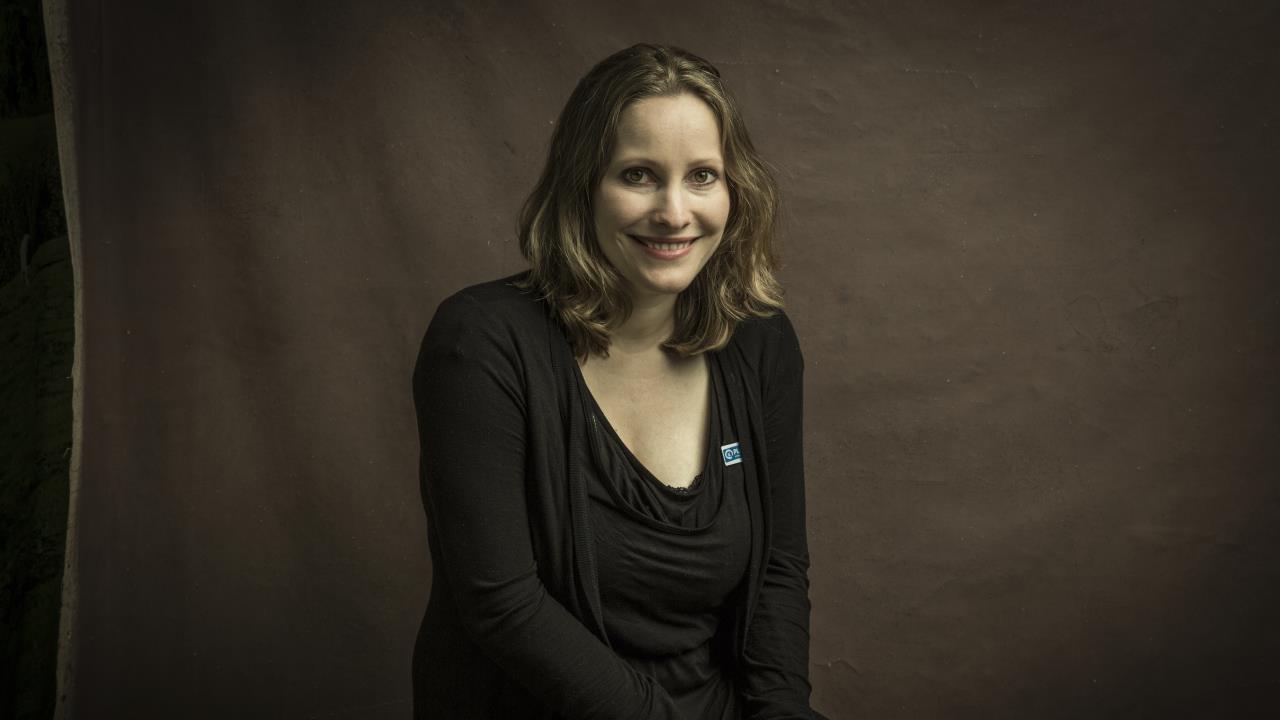
Sometimes, numbers are so large that they threaten to become meaningless. We can comprehend an issue that affects a hundred people, or two hundred, but hearing about adversity and injustice that impacts millions can be difficult to process. So it was a poignant and challenging task to discuss the issues facing girls around the world with a Hay audience, in association with the charity Plan International.
Around the world, there are 31 million girls of primary school age who are not in school. 15 million girls under the age of 18 are married every year. 3 million are at risk of female genital mutilation (FGM). And while we struggle to comprehend these overwhelming numbers, we must guard against a common knee-jerk reaction: the tendency to label these ‘foreign’ problems – things that are happening to girls ‘over there’.
In the UK, too, the most serious human rights abuses affect women and girls. 85,000 women are raped every year and 400,000 sexually assaulted in England and Wales alone. 2 women per week on average are killed by a current or former partner and 20,000 girls in the UK are at risk of FGM each year.
It was devastating to discuss the severity of the situation, but uplifting too to hear about the incredible work of Plan, which campaigns for an end to issues like period poverty, involves men and boys in the fight against gender inequality, and has for the first time published a manifesto examining the challenges faced by girls here in the UK. By partnering sponsors with girls around the world who need financial support, Plan enables supporters to make a real and tangible difference in children’s lives.
As ever the Hay audience was receptive, compassionate and proactive. “What can I do to help?” was one of the very first questions asked. And there is so much each of us can do, not only by supporting schemes like Plan’s sponsorship programme, but by involving ourselves with local women’s refuges and rape crisis centres, and challenging the root causes of gender inequality in our own lives too. One of the biggest takeaways from our session was the connections between different kinds of prejudice and inequality, and the way in which the normalised, accepted attitudes towards women and girls can contribute to more serious abuses committed against them. That’s something we can all help to change.